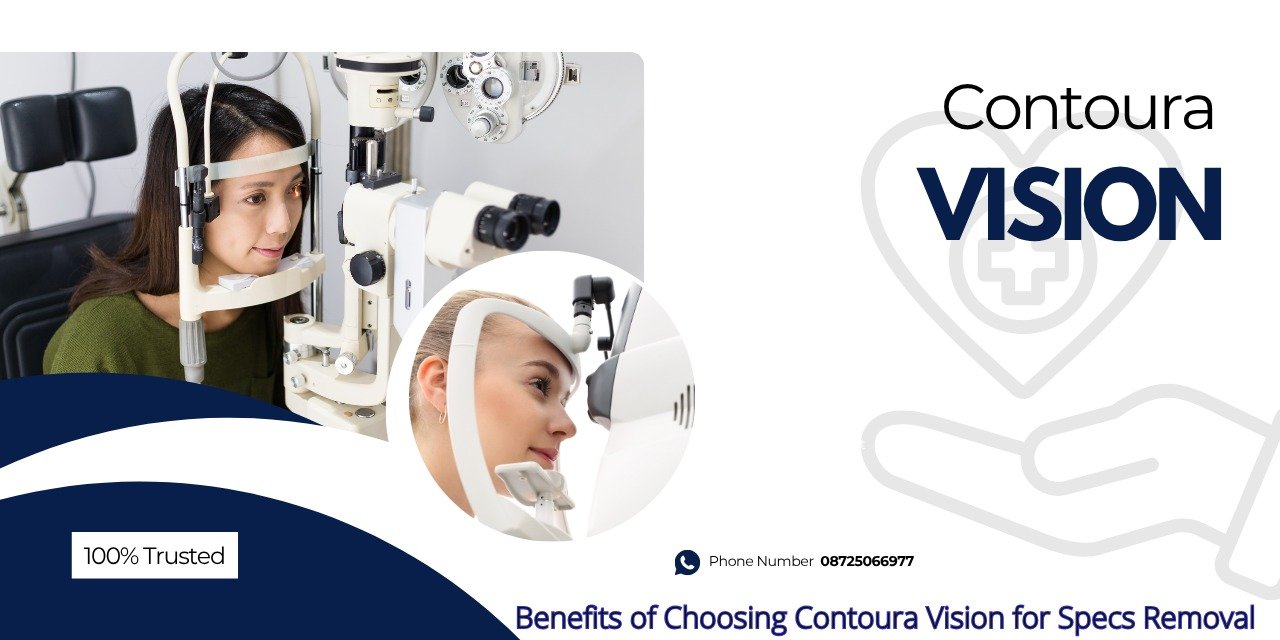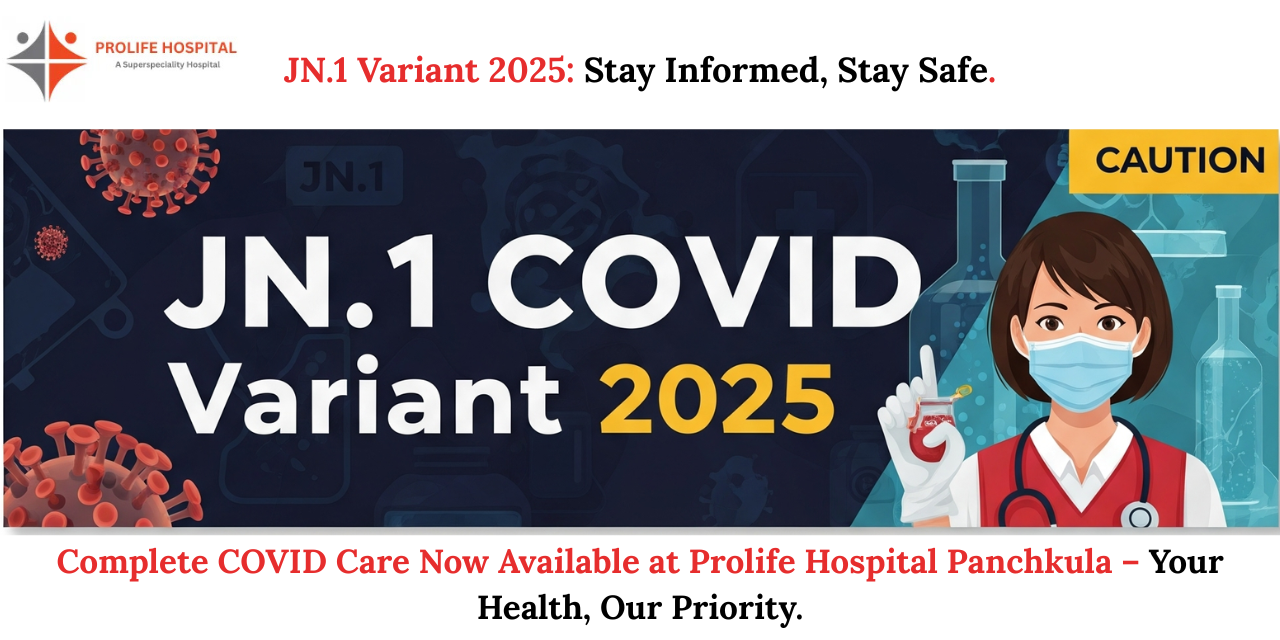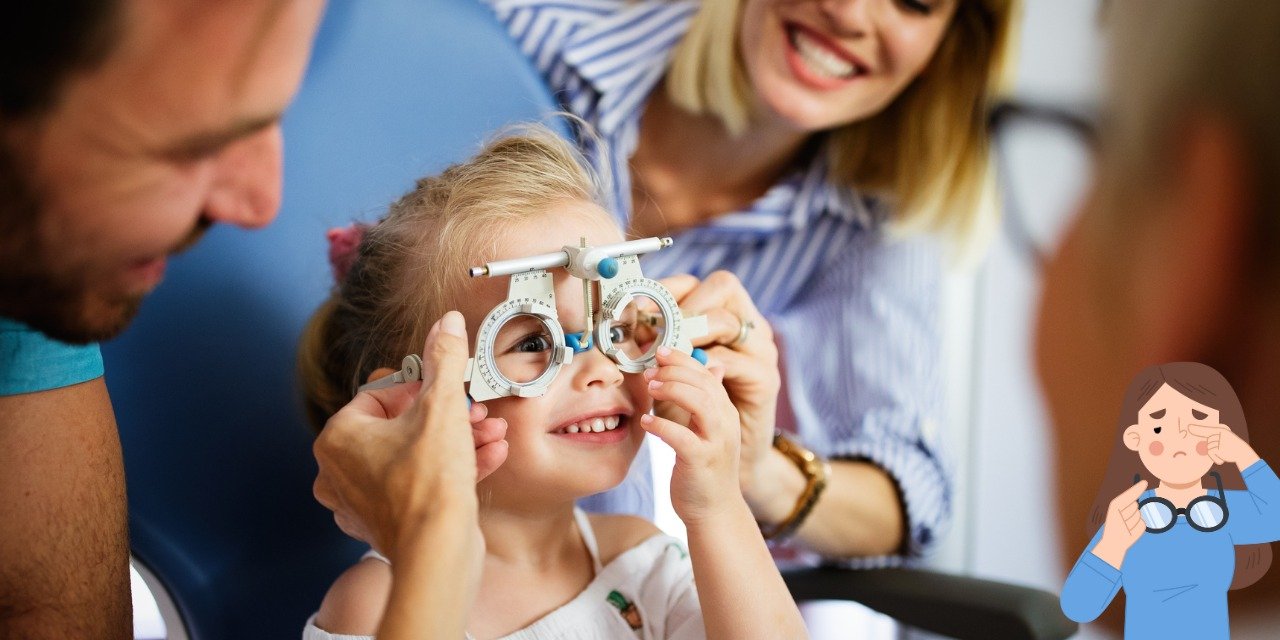Cataracts are a common yet often misunderstood eye condition that can significantly impact your vision and overall well-being. As the leading cause of blindness worldwide, cataracts affect millions of people, particularly as they age. Understanding cataracts, their symptoms, and their treatment options is crucial for maintaining good eye health and quality of life.
What Are Cataracts?
Cataracts occur when the lens of the eye, which is normally clear, becomes cloudy or opaque. This clouding impairs the passage of light to the retina, leading to blurred or diminished vision. Cataracts develop gradually, often starting as a small clouding that slowly worsens over time.
Symptoms of Cataracts: How Cataracts Affect Your Vision
The symptoms of cataracts can vary depending on the severity of the condition, but common signs include:
- Blurry Vision: Vision may become increasingly blurred or hazy.
- Difficulty Seeing at Night: Cataracts can cause increased glare from headlights, making nighttime driving challenging.
- Faded Colours: Colours may appear less vibrant and more yellowed.
- Double Vision: You may experience double vision in one eye.
- Frequent Prescription Changes: You may find that your eyeglass or contact lens prescription changes frequently.
Causes and Risk Factors: How Cataracts Affect Your Vision
While cataracts can develop for various reasons, several factors contribute to their formation:
- Ageing: The most common cause of cataracts is aging. As people get older, the proteins in the lens of the eye break down and clump together, forming cloudy areas.
- Genetics: Family history can increase the likelihood of developing cataracts.
- Exposure to UV Radiation: Prolonged exposure to ultraviolet light from the sun can contribute to cataract development.
- Diabetes: People with diabetes are at higher risk for cataracts due to elevated blood sugar levels.
- Smoking and Alcohol Consumption: Both smoking and excessive alcohol consumption are linked to an increased risk of cataracts.
- Medications: Long-term use of certain medications, such as corticosteroids, can lead to cataract formation.
Impact on Wellness
Cataracts not only affect vision but also impact overall wellness and daily life. The blurriness and distortion caused by cataracts can lead to difficulties with reading, driving, and performing everyday tasks, resulting in a decrease in independence and overall quality of life. In addition, the visual impairment caused by cataracts can lead to psychological effects such as depression or anxiety.
The frustration of dealing with deteriorating vision can also affect one’s social interactions and ability to enjoy activities previously taken for granted. For effective cataract eye treatment in Panchkula, consulting with a specialised eye care professional can offer solutions to restore vision and improve quality of life.
Diagnosis and Treatment
Diagnosing cataracts typically involves a comprehensive eye exam. Your eye doctor will assess your vision and examine the lens of your eye using various techniques, including a slit-lamp examination.
Treatment for cataracts depends on the severity of the condition. In the early stages, improved lighting and prescription glasses may alleviate some symptoms. However, as cataracts progress and vision becomes more impaired, surgery is often the recommended treatment.
Cataract Surgery
Cataract surgery is one of the most common and successful surgical procedures performed today. During the procedure, the cloudy lens is removed and replaced with an artificial lens called an intraocular lens (IOL). The surgery is usually outpatient, meaning you can go home the same day, and recovery times are generally quick.
The benefits of cataract surgery are substantial, often resulting in significantly improved vision and quality of life. Most patients experience a dramatic reduction in blurry vision and are able to return to their regular activities with newfound clarity.
Preventive Measures
While cataracts cannot always be prevented, certain lifestyle choices can help reduce your risk:
- Wear Sunglasses: Protect your eyes from UV rays by wearing sunglasses with UV protection.
- Maintain a Healthy Diet: Eating a diet rich in antioxidants, such as vitamins C and E, may help protect your eyes.
- Quit Smoking: Avoiding tobacco can reduce your risk of developing cataracts.
- Regular Eye Exams: Routine eye exams can help detect cataracts early and monitor changes in your vision.
Conclusion
Cataracts are a significant health concern, especially as we age, but understanding their impact on vision and wellness can empower individuals to seek timely treatment and take preventive measures. With advances in medical care and treatment options, maintaining good vision and overall well-being is more achievable than ever. If you experience symptoms of cataracts, consult with Dr. Mukesh Aggarwal at Netra Eye Hospital to explore the best options for your eye health and quality of life. For appointments and inquiries, please contact the hospital at +91 9646624864.













